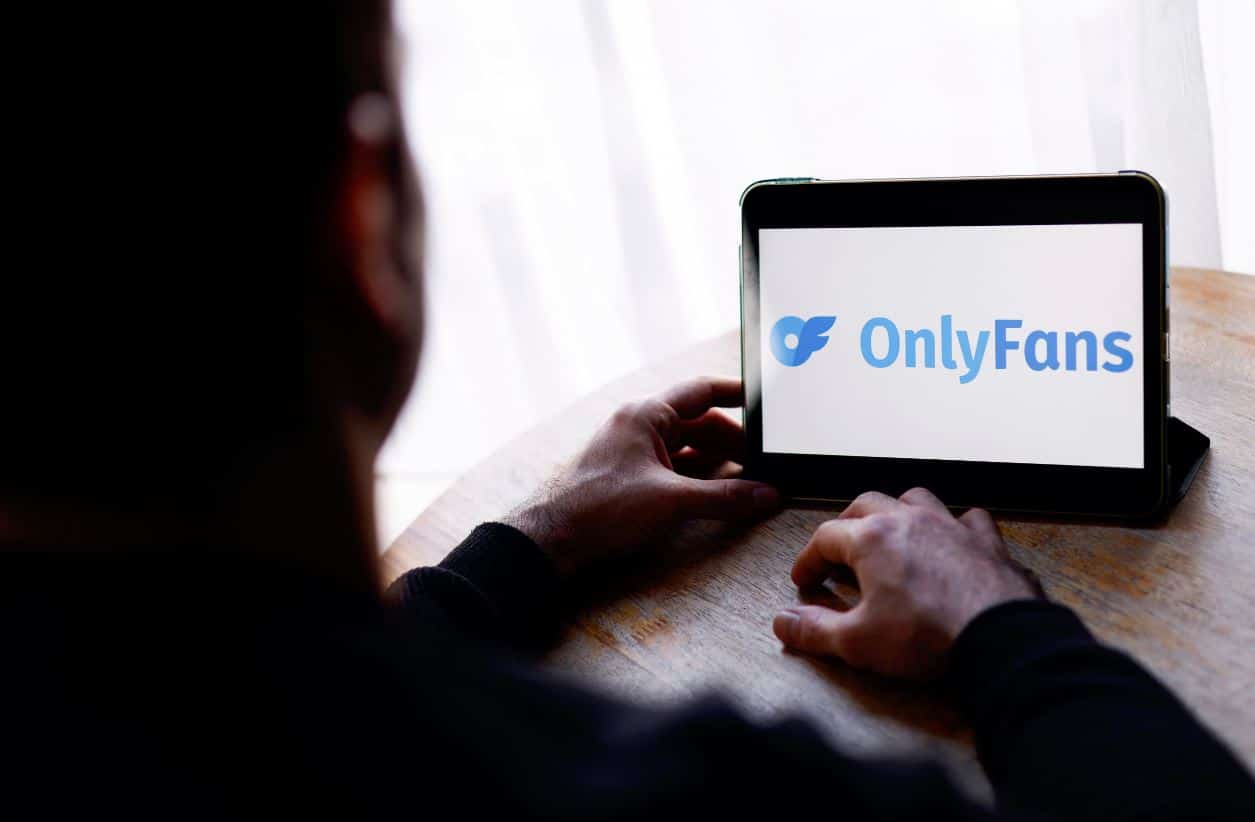The English Premier League (EPL) is one of the most popular football leagues in the world. It’s watched by hundreds of millions and its popularity only continues to grow.
Featured Image VIA
However, another league that has emerged in recent years is Major League Soccer (MLS). Something that adds an extra layer of excitement to this league is the way it integrates the MLS Cup, a play-off style competition that takes place after the regular league games.
In this guide, we’ll take a look at how these two competitions compare in terms of viewership, fanbase, cultural impact and global reach.
But first, let’s look at each one in a bit more detail.
What Is The MLS Cup?
The MLS, like many sports in the US (due to its geographical size), is split into two conferences. There are 14 teams that compete in each conference, with all 28 teams forming the overall league.
The overall winner is crowned winner of the Supporters’ Shield, a title in its own right.
In addition, the top seven teams in each conference qualify for the MLS Cup. This is a knock-out style competition in which teams battle their way to win their own conference and qualify for the MLS Cup, which is a final match where the two conference champions play each other.
The MLS, like many US sports, is a popular one to bet on. Many betting sites offer bonuses, deals and enhanced odds on the MLS Cup, as well as the likes of MLB World Series odds and deals.
What Is The EPL?
The EPL is similar to the MLS in that teams compete in a league. However, given the fact that England is a small country compared to the US, all the teams compete in a single league. The EPL has 20 teams in all, and there are a number of divisions below that.
Each season, teams compete to win as many points as possible. A team is awarded three points for a win, one point for a draw and nothing at all for a loss. The team with the highest number of points wins the league and is crowned champion. The bottom three teams suffer relegation to the next lower division.
Unlike the MLS, there’s no playoff competition involved with the EPL. The champion is simply determined by whoever finishes with the most points after 38 matches.
Let’s now look at how the two competitions match up against each other.
Viewership And Global Reach
There is a stark difference between the viewer figures of the MLS and the EPL. In 2021, the MLS enjoyed an average viewership of around 285,000 people per broadcast. That represented a sharp increase of 11%, especially given that 2020 viewer figures were down.
When it comes to the MLS Cup, the viewership numbers are higher and seem to have achieved a more consistent level. In 2021, 1.5 million people watched in the US. The year before that 1.7 million people watched.
Cup final viewer figures often depend on the teams involved, but there is a clear difference between the MLS and the EPL.
Just looking at the US viewership figures alone, it was found that for 2021/22, NBC reported a 21% increase in EPL viewership, with 12 matches drawing over a million viewers each. There were 2.2 million people who watched the last games alone, dwarfing the MLS Cup.
In terms of global reach, the EPL claims to have a reach of up to 1.4 billion people. This number includes followers of all of the various teams, such as Chelsea, Manchester United and Liverpool. The MLS Cup has yet to draw much of an audience beyond the US.
Fanbase
Despite the differences in viewership, MLS and EPL teams have similar fanbases, though EPL teams tend to have a more worldwide reach.
Despite that, MLS teams such as Atlanta United enjoy attendances of well over 40,000 people, more than some EPL teams.
Cultural Impact
The EPL takes the crown when it comes to its cultural impact. Football sits close to the hearts of many people in England. Their identities are bound up with the club they support. Some clubs are older than a hundred years.
In comparison, the MLS is relatively new, and some clubs are only a handful of years old. It’ll therefore take time for people to form an affinity with their teams, build memories and experience history being made. As this takes place, their cultural impact will grow.















